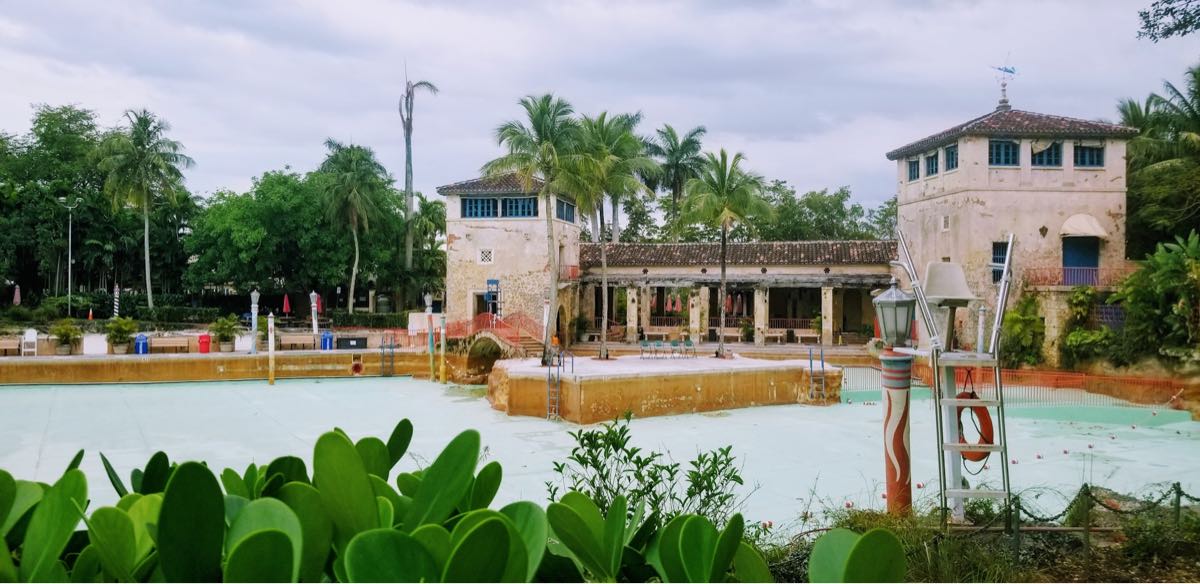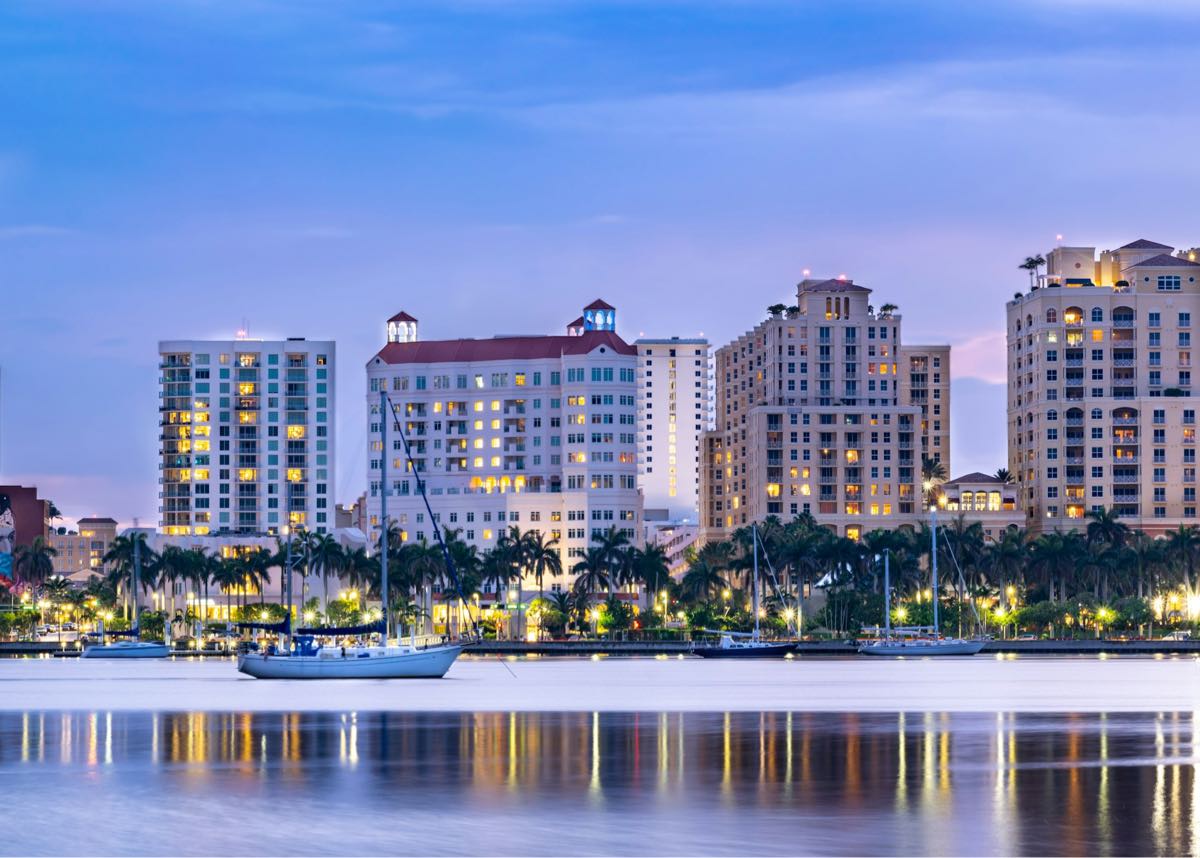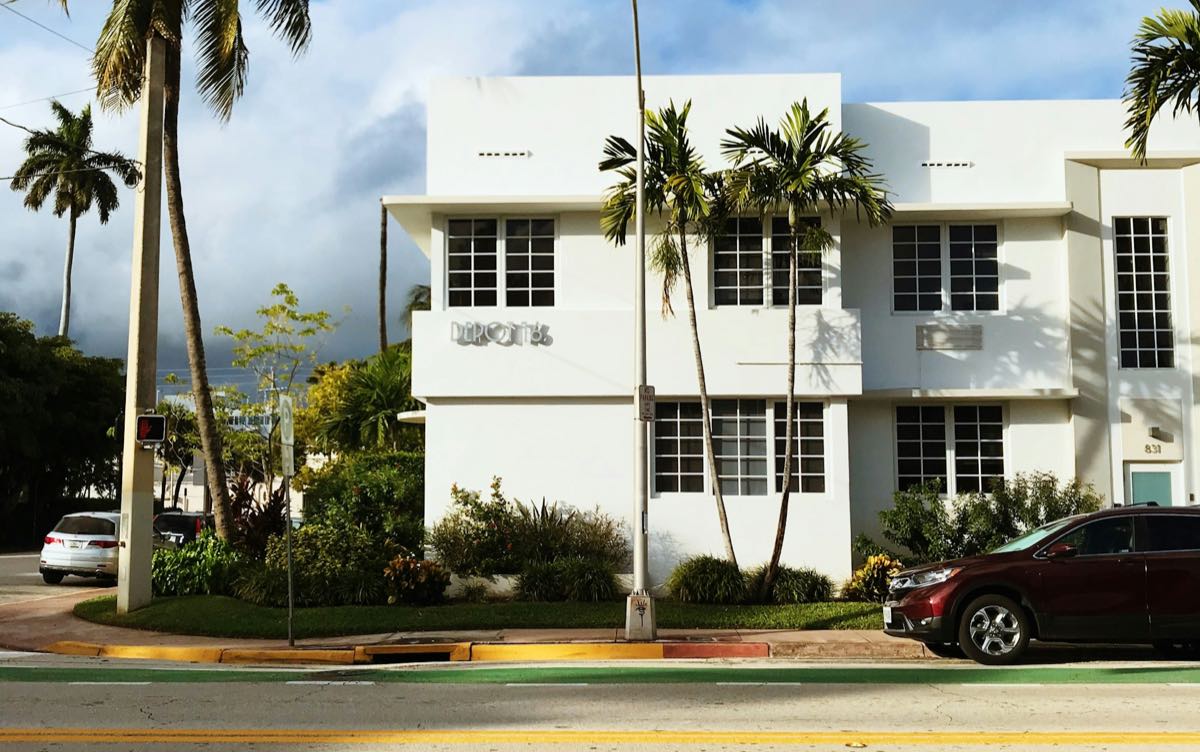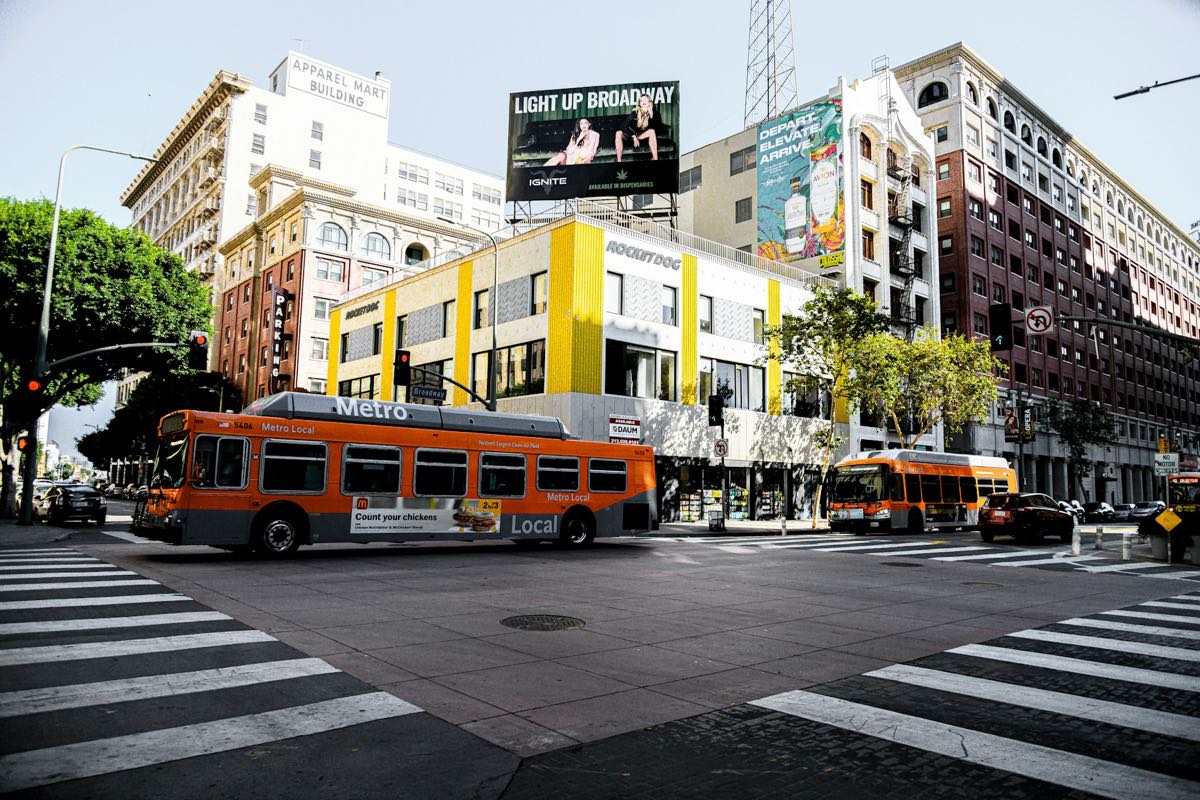In Cape Coral, Florida, what differentiates us from the competition is our pride in providing individualized transportation solutions that are tailored to the specific requirements of each individual customer. Through the provision of ongoing updates, our comprehensive services provide a smooth and straightforward experience from the very beginning to the very end. SAC provides a variety of specialized transport services, such as transportation for medical professionals like doctors and travel nurses, transportation for ATVs, UTVs, and side-by-side vehicles, transportation for golf carts, transportation for motorcycles, transportation for military personnel and their families’ vehicles, transportation for college and university student cars, and seasonal relocation services for snowbirds.
When it comes to transporting exotic or high-value cars, SAC offers both cost-effective open trailer alternatives as well as secure enclosed trailer transport. The latter approach is the one that we prefer for these vehicles. In addition to providing reassurance to frequent travelers, particularly during the winter months, we also enhance our service by providing appealing discounts across a variety of categories. One of our many specialties is seasonal shipping.

One of the most notable aspects of Ship A Car is the significant expertise it has in providing services to a diverse range of business clients, which includes both small and large corporations and auto dealerships. Our primary service in this category, corporate auto relocation, streamlines the process of shipping automobiles belonging to employees and their families without needing an initial payment from the employees. Immediately once a carrier has been designated, a charge of a small deposit is imposed. Our services provide outstanding transportation solutions for businesses, which are backed by the daily availability of carriers and a countrywide reach respectively.
Furthermore, we are experts in fleet relocation for businesses, which involves the expeditious movement of many cars between various sites or places of employment. Through the use of our auction car shipping service, automobile dealerships are able to improve their operating procedures. Because of our extensive knowledge, businesses are able to concentrate on their principal activities while we oversee the logistics in a smooth manner.

We are highly skilled in the provision of specialized transportation services for a wide range of machinery and equipment, including but not limited to backhoes, bulldozers, dump trucks, tractors, and enormous or overweight freight. When clients work together with us, they are able to reduce the logistical issues that are specific to these kinds of shipments, which require thorough preparation and execution.
A broad variety of equipment and freight, including graders, compactors, bulldozers, backhoes, pipelines, pilings, logs, cold planers, articulated trucks, scrapers, miners, loaders, and asphalt paving machines, are among the items that we are exceptionally skilled at transporting. Because of our considerable knowledge and dedication to providing excellent service to our clients, we are the best option in Cape Coral, Florida, for any uncommon specialty transportation needs that may arise.

Exploring the Charm of Cape Coral, Florida
Situated amidst Florida’s radiant scenery, Cape Coral provides a calm sanctuary for individuals seeking peace and plenty of outdoor experiences. Its complex system of canals and waterways provides the ideal environment for those who enjoy kayaking, boating, and fishing. Beyond the lure of water sports, the city is full of exciting places to shop, delicious local restaurants, and exciting nightlife options. Anyone hoping to escape the hectic pace of life or set out on an exciting adventure will find the perfect refuge in Cape Coral. Situated approximately 130 miles south of Tampa-St. Petersburg on the Gulf Coast, this moderately sized city complex captivates with its easygoing charm.
Fort Myers, which is close to Cape Coral, is a charming town on the southern Florida Gulf Coast. Its streets are lined with stately palm trees. It’s not really known as a beach destination, but its tropical vibe, along with a small number of visitors and lots of baseball spring training camps, adds character. The tourist-friendly but conservatively developed offshore islands of Sanibel and Captiva further emphasize the city’s appeal to retirees. On the other hand, Cape Coral, which stretches over 115 square miles of planned community area to the southwest, is home to a sizable population of retirees due to its extensive canal system and waterfront properties. Though Fort Myers is the more well-known community, Cape Coral is the larger one.
Florida has a generally pleasant climate; because of its southerly orientation and slight inland positioning, Fort Myers has an especially pleasant and dry winter season. The area’s isolation from urban conveniences like entertainment, culture, and aviation is a significant disadvantage, though. Although there have been fluctuations in the job market, growth prospects are still favorable. The vastness of the region, however, presents problems associated with urban sprawl.
Approximately 15 miles from the Gulf of Mexico, Fort Myers is situated beside the Caloosahatchee River and boasts a landscape that combines lush forests of oak, magnolia, and evergreen with coastal plains. The Gulf has a significant impact on its subtropical climate, which results in mild winters with sunny days and cool nights and warm summers. Although there are sporadic cold fronts in the area, the temperature rarely drops very low. Winters are noticeably drier, but the bulk of rainfall falls between June and September, when cool afternoon thunderstorms are common. Due to the region’s vulnerability to tropical storms and hurricanes in the late summer and fall, substantial rainfall and occasionally extremely heavy downpours can result.

Navigating the Financial Terrain and Growth Prospects in Cape Coral, FL
The city of Cape Coral, Florida, is well-known for its beautiful beaches, plethora of wildlife, and vast nature reserves. Its vast canal system and long coastlines have earned it the title of Florida’s top boating destination. Cape Coral’s housing costs are marginally higher than the national average; the median rent for a two-bedroom house is $1,620, compared to the US average of $1,430. A grocery price index of 105 indicates that prices are trending higher here than they are at the national benchmark of 100. Prominent local businesses that have long supported Cape Coral include Suncoast Beverage Sales Co., Four C’s Construction Company Inc., and All American Air & Electric Inc.
At 4.6%, the city’s unemployment rate is noticeably lower than the 6.0% national rate.
The employment sector in Cape Coral has grown by 1.9% in the last year. In the upcoming ten years, job growth is anticipated to soar by 41.0%, surpassing the 33.5% national estimate.
Cape Coral’s Fiscal Policies
• The sales tax rate in Cape Coral is 6.0%, which is less than the 7.3% average for the country.
• The city has a 0.0% income tax rate, which stands in sharp contrast to the 4.6% average for the US.
• The cost of living comparisons heavily rely on these tax rates.
Cape Coral Earnings and Household Incomes
• The average annual income of Cape Coral residents is $24,001, which is marginally less than the $28,555 national average.
• Cape Coral’s annual median household income is reported to be $65,282, which is slightly less than the $69,021 national median.

Cape Coral Residential Costs
The average cost of a property in Cape Coral is $377,400, which is 11.6% more than the $338,100 national median and 4.1% more than the $362,400 average in Florida. If you’re thinking about renting, a two-bedroom apartment in Cape Coral costs $1,620 per month, which is 13.3% more than the national median and 3.7% more than the state average.
Cape Coral’s Affordability
In order to live comfortably in Cape Coral, Florida, a family should make at least $72,360 per year, and an individual should aim for an annual income of $50,800.
With a lower cost of living index than other Florida cities, Cape Coral is an affordable choice. In addition to being reasonably priced, this city provides a wide range of amenities and dining options, as well as immaculate beaches and lovely parks for its residents to enjoy.
Cape Coral’s Real Estate Market
With a median home value significantly higher than the national median of $377,400, Cape Coral’s real estate market is thriving and promising. Cape Coral home appreciation over the last year was a remarkable 20.51%, well above the 8.27% national growth rate. When combined with a growing population, this trend of rising home values makes Cape Coral an attractive option for those looking to invest in the future value of their property or for prospective buyers.
With a notable appreciation rate of 200.4% over the past ten years and a recent increase of 29.5%, the median cost of homes in Cape Coral is $377,400.
Dynamics of Properties and Rentals
22.9% of people in Cape Coral rent, and there are currently 1.3% of homes and apartments available for rent, indicating a relatively tight rental market. The average age of homes in Cape Coral is 22 years, highlighting the city’s modern housing landscape.

The warm subtropical climate of Cape Coral, Florida, is marked by steamy summers and mild winters. Temperatures during the summer rarely rise above 100°F (38°C), usually peaking at 90°F (32°C). Average high temperatures during the winter months are around 75°F (24°C), with lows at night falling into the mid-50s (10–15°C). The region receives a lot of rain all year long, with an average of 54 inches (1370 mm) falling on the area. Thunderstorms are particularly common during the summer.
Rainfall averages 53 inches per year in Cape Coral, which is more than the 38 inches average for the entire country.
In stark contrast to the US average of 28 inches of snowfall per year, Cape Coral receives an average of 0 inches of snowfall per year.
Compared to the national average of 205 sunny days, Cape Coral has an amazing 265 days of sunshine annually.
Roughly, 108 days a year, precipitation of various kinds falls on the city. Precipitation must cover at least.01 inches of ground in order to be recorded.
Important Weather Information
• July typically has the highest summer temperature of 92 degrees Fahrenheit.
• January is the coldest month, with average lows of 53 degrees.
•An average of 53 inches of rain fall on Cape Coral each year.
• There is rarely any snowfall in the city.
With pleasant temperatures between 70 and 85°F, February, December, and March are thought to be among the best months in Cape Coral. With an average high temperature of 91.9°F, July is the warmest month and one of the warmest places in Florida, according to Cape Coral. The summertime humidity in Cape Coral is frequently referred to as overwhelming, and snowfall is extremely rare.

Florida’s Cape Coral is a vibrant community with a diverse political landscape. Elected leaders are in charge of the governing system and have a significant influence on how the community will develop in the future. The mayor, members of the City Council, and other boards and committees play important responsibilities in servicing the varied population of the city. Four-year terms as mayors oversee the strategic direction of the city, while seven district-elected members of the City Council implement local policies pertaining to public safety, infrastructure, and zoning, among other things. In addition, Cape Coral benefits from a multitude of citizen-led boards and committees that oversee planning, transportation, economic development, environmental preservation, and leisure activities. These committees and boards guarantee full community representation.
Politically, Cape Coral tends to lean conservative.
This conservative leaning is mirrored throughout the broader Lee County. 39.9% of Lee County voters backed the Democratic contender in the most recent presidential election, while 59.1% voted for the Republican nominee and 1.0% supported an independent.
Since 2000, Lee County has regularly supported the Republican Party in presidential elections. The results of the most recent election, in which the Republican Party received 59.1% of the vote to the Democrats’ 39.9%, corroborate this historical pattern.

Cape Coral, FL: A Closer Look at Its Demographics
Tucked away in Southwest Florida, Cape Coral is a thriving metropolis renowned for its vibrant neighborhood and diverse cultural landscape. With 193,003 people living there, it is among the most densely inhabited places in the US, with around 1,900 people per square mile. Because of this density, the local economy is thriving, as seen by the Dolphin Key Resort & Spa and the variety of eating and shopping options available along Cape Coral Parkway. Owing to the city’s advantageous location next to the Caloosahatchee River, residents may enjoy a range of outdoor pursuits all year round, including as boating, fishing, and paddle sports. Here, there are many chances for community involvement provided by establishments like the Golisano Children’s Museum and the Cape Coral Rotary Club, which foster civic engagement. With facilities and activities ranging from basketball at Sun Splash Family Waterpark to baseball at Four Freedoms Park, sports aficionados are also well-catered for.
The demographics of Cape Coral show that the city has 193,003 residents at a density of 1,825 per square mile. With a median age of 48.3, which is somewhat higher than the national norm, the city emphasizes a mature community. Compared to the national average of 2.6, households in Cape Coral often have 2.8 people.
• Of all couples in the population, 54.6% are married, and 13.7% are divorced.
• Single-parent homes make up 17.5% of all households, while families with children make up 25.9%.
• The Hispanic or Latino community makes up 20.2% of the population, with 1.1% identifying as two or more races, showcasing the city’s diverse cultural landscape. The ethnic makeup is primarily White, accounting for 72.8% of the population, followed by 4.1% Black, 1.6% Asian, and a small percentage of Native Americans and other races.

Cape Coral is well-known for its breathtaking natural scenery and canal system that connects to the Gulf of Mexico. There are several ways to get around Cape Coral for those who are either staying there or are just visiting. The city has an extensive bus system in addition to trolley services that make traveling between important areas easier. In addition, a lot of transportation companies offer vehicle and taxi rentals, guaranteeing safe and easy travel. Cape Coral’s bike paths provide a green option for individuals who are environmentally aware or who just want to go at a leisurely pace. They connect different parts of the city together in a seamless manner. Boat enthusiasts will value the private marinas dotted around the city’s canals, which provide an interesting viewpoint for exploring. Cape Coral offers a wide variety of transportation choices to suit every taste and requirement.
Since 2010, commutes in America have been longer on average, and Cape Coral is no exception. The average one-way commute for city dwellers is 27.9 minutes, which is somewhat longer than the 26.4-minute national average.
Cape Coral’s transportation options show:
• 82.9% of people say they prefer to drive alone.
9.3% of the population chooses to carpool.
• Notably, 5.5% find working from home to be convenient.
• Just 0.1% of people travel by mass transit on a daily basis.

Due to its abundance of educational opportunities, Cape Coral, Florida, is a great place for families. These educational institutions are dedicated to providing a well-rounded education, which is demonstrated by their excellent teachers and high standards. Pupils gain from an atmosphere that prioritizes their well-rounded development through a wide range of extracurricular activities, such as clubs and programs, athletics, and the arts, in addition to academic performance. The goal of this all-encompassing approach to education is to support students’ personal development. In addition, all Cape Coral educational institutions have strong security measures in place as part of their dedication to student safety, giving parents peace of mind.
With schools achieving excellent ratings for the kind of education they offer, Cape Coral has one of Florida’s best educational environments. By taking a proactive approach to education, the city makes sure that every kid has access to a first-rate learning environment in their neighborhood school system. Cape Coral is a great option for families looking for a community that prioritizes academic performance and provides a wealth of services and programs. The city offers a wide range of educational opportunities, such as advanced STEM and college-prep classes, special needs support, and a comprehensive curriculum tailored to the individual requirements of each student.
When it comes to spending on education, Cape Coral spends $9,794 per student, which is less than the $12,383 national average. With 16 pupils for every instructor, the student-to-teacher ratio is noteworthy and shows a dedication to individualized and accessible instruction. With 1,693 kids for each librarian and 636 children for each counselor, the city also makes sure that students receive a great deal of help from librarians and counselors. This further demonstrates Cape Coral’s commitment to the academic and personal development of its youth.
